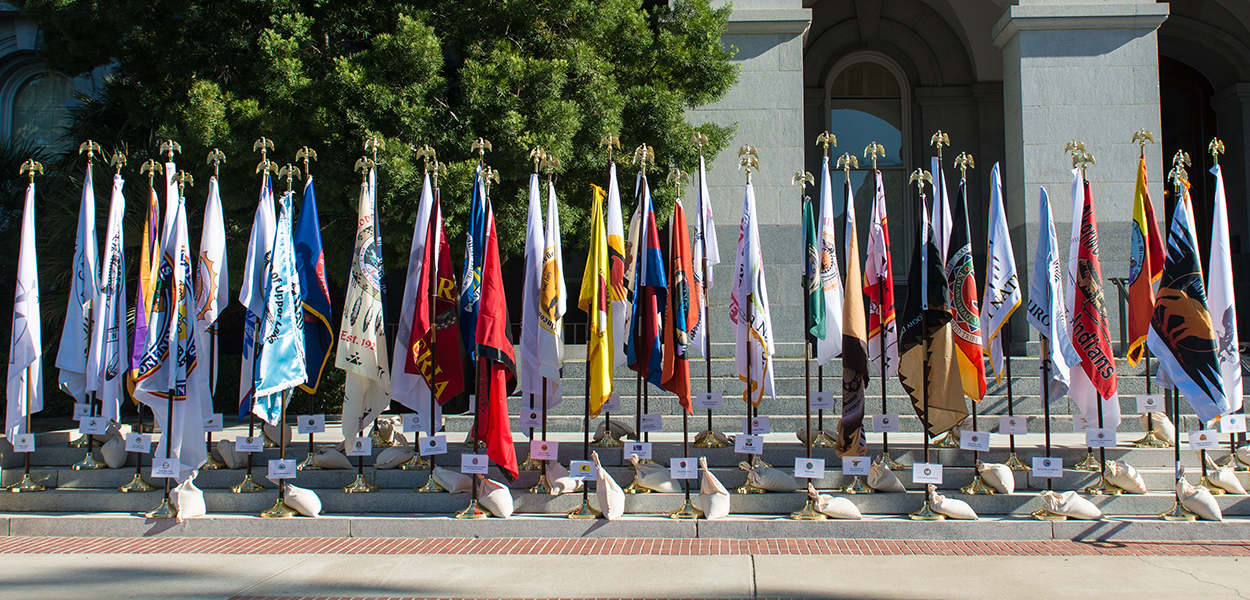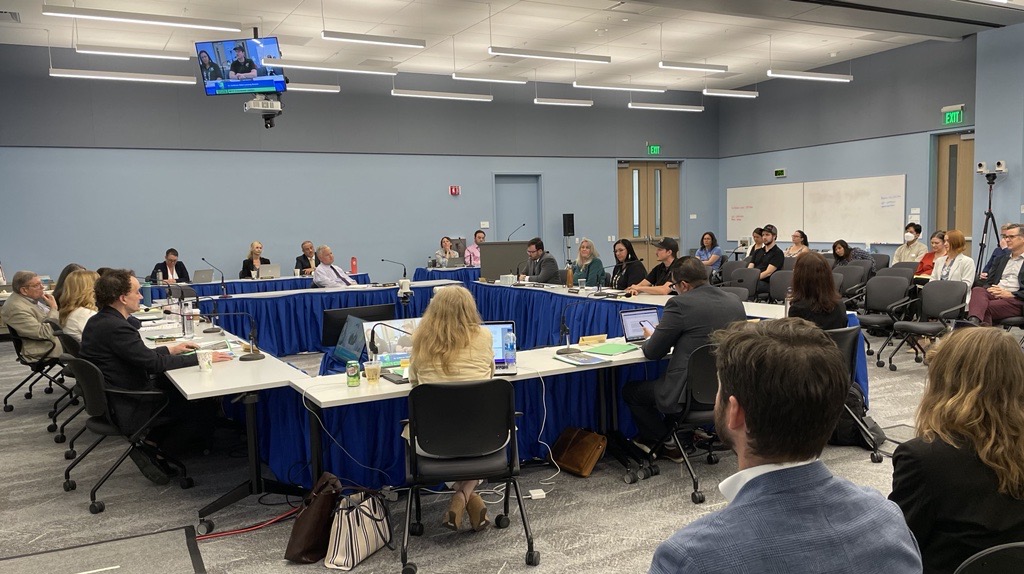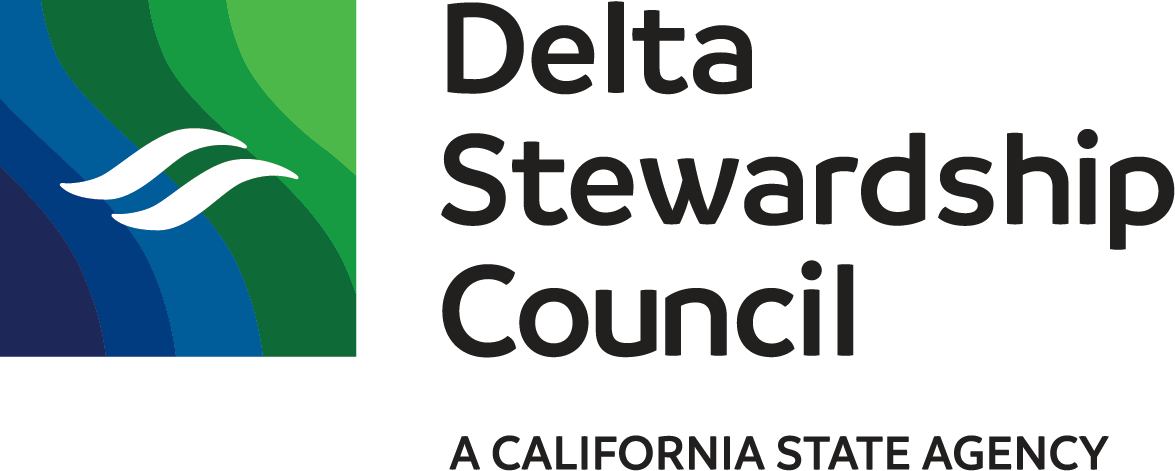
Tribal Engagement
The Delta Stewardship Council seeks to honor Tribal sovereignty and knowledge and strives to engage early, often, and meaningfully with Tribes in its work. Together, we aim to cultivate and strengthen relationships with Tribal partners in the Sacramento-San Joquin Delta through active consultations, listening and engagement sessions, and the appropriate interweaving of Traditional Knowledge in Delta science and management. These venues strive to provide a space for an equitable exchange of perspectives to build an understanding of the diverse interests, concerns, opportunities, and challenges related to Tribes and stewardship of the Bay-Delta estuary. The Council is committed to actively pursuing opportunities that advance tribal considerations and fostering dynamic partnerships with Tribes.
Tribal Engagement Policy
In 2015, the Council adopted a Tribal Consultation Policy to engage in the timely and active process of seeking, discussing, and incorporating the views of California Native American Tribes and Tribal communities into its decision-making. The Council’s Tribal Consultation Policy can also be found in the Public Participation Plan as Appendix B.
Active Consultations and Tribal Funding Opportunities
At any one time, the Council may have active consultation opportunities that seek to consult with Native American Tribes and Tribal communities on Council initiatives. The Council may also have funding opportunities available to Tribes. The active consultation and funding opportunities highlighted are regularly updated with a description of the project or opportunity, as well as any timeline. To learn more about active consultations or these funding opportunities, please email our Tribal Liaison at tribal.liaison@deltacouncil.ca.gov.
The Council also maintains an Active Projects List of current projects in the Delta, which Tribes are encouraged to review. Tribes interested in being on the mailing list to receive this monthly list should contact tribal.liaison@deltacouncil.ca.gov.
Ongoing Outreach and Engagement
The Council’s ongoing work with Tribes, Tribal organizations, and Traditional Knowledge holders are the foundations that inform future research and governance on Delta management. We provide links to some of this work to help inform others and make connections between Tribes and other decision-making bodies and interested parties.
The Council seeks to host representatives from various California Native American Tribes as part of agenda items or listening sessions to hear about their ties to the Delta, their sovereignty and relation to the state, and their input regarding Delta management. The April 2023 listening session, which was part of the Council’s monthly meetings, provided an opportunity to hear Tribal perspectives and ask questions to facilitate a shared understanding that informs the Council’s Tribal engagement. The video and agenda can be viewed via Cal-Span. Former Chair Virginia Madueño and Tribal Liaison Brandon Chapin authored a blog reflecting on the listening session.

The Council seeks to involve and incorporate Tribal perspectives into its initiatives and events. Past engagement sessions include the bi-annual Adaptive Management Forum, hosted by the Delta Science Program, which in 2023 focused on the need for governance to effectively adapt across organizational scales. The forum included a Tribal welcome, land acknowledgment, a storytelling session highlighting Tribal and environmental justice perspectives, and a panel including various Tribes across the Bay-Delta. The video and agenda can be viewed on YouTube.
Interweaving Traditional Knowledge
Many of California’s Indigenous peoples have ancestral ties to the Bay-Delta estuary. Across millennia of observation, learning, application, and adaptation, Indigenous peoples in California have practiced Traditional Knowledge to support diverse, flourishing communities. Traditional Knowledge is inherently place-based, so the removal from the landscape over time has obstructed Indigenous Peoples from using, adapting, and, in some cases, preserving their knowledge. With direction from the Governor’s Office Executive Order N-82-20, many State agencies are beginning to address these injustices by seeking ways to collaborate with Native American Tribes to interweave Traditional Knowledge in the Bay-Delta and its management.
The co-production of knowledge, or the interweaving of Traditional Knowledge, is increasingly recognized as a best practice for bringing together multiple knowledges and methodologies in transdisciplinary research. To support and advance interweaving efforts, the Delta Science Program is conducting an assessment to establish a shared knowledge base of recent, current, and planned agency activities that serve as inroads for Indigenous peoples to practice, transmit, and/or revitalize their knowledges in the Bay-Delta. The assessment is expected to be completed by the end of 2024.
The Delta Science Program’s 2023-24 research awards encourage proposals for projects based on Traditional Knowledge and/or co-production of knowledge from collaborations among researchers, Tribes, and Tribal-serving organizations. In preparation for Tribal Knowledge and co-production projects, the Council met with Delta-area Tribes to learn about their research priorities, gauge interest in research partnerships, and get feedback on how the call for research proposals was structured. The Delta Science Program also provided Tribes with a list of research project ideas from potential science partners.
Contact Us
To learn more about Tribal engagement, co-production, or other ways to engage in our process, please contact our Tribal Liaison at tribal.liaison@deltacouncil.ca.gov.

